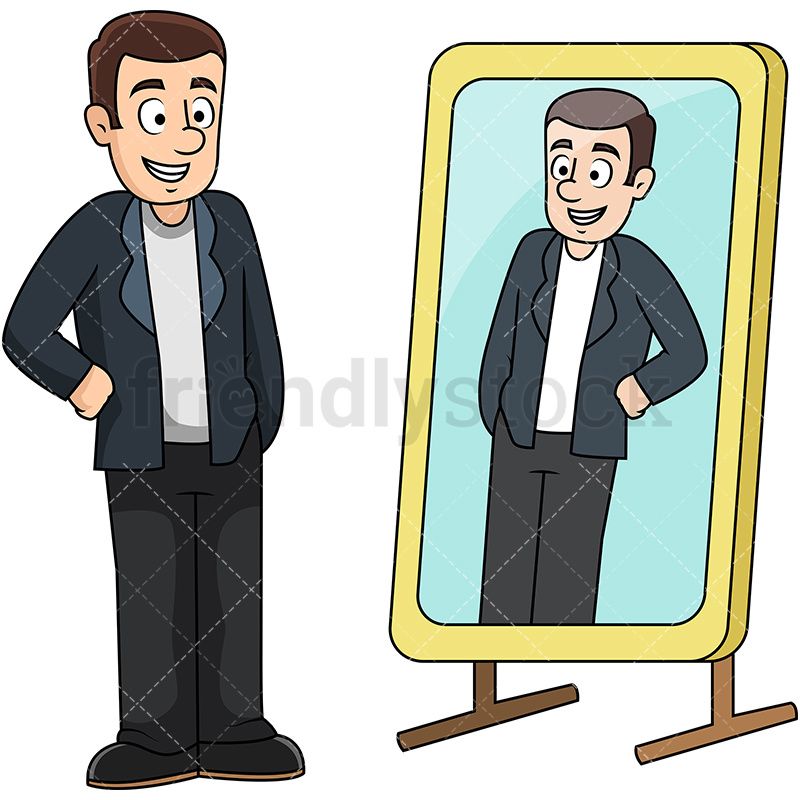One of the most common human flaws is a person's instinct to always blame others before viewing yourself at fault. This happens in all aspects of life and manifests itself in countless ways. Maybe someone bumps into you and you tell them to "watch it" when really you were the one who was looking at their phone and not paying attention. In sports, players often blame the coach when things aren't going well when very often they are not playing up to par. When people have multiple failed relationships, they often make the excuse that "all girls" or "all boys" are the same, although the only constant through each of the relationships is them and not the significant other. In all of these cases, failing to acknowledge personal failure leads to the recurrence of bad experiences and prevents growth.
Learning to always perform a self-diagnosis first after failure is the first step in becoming the best version of yourself. To put this in the context of sports, there's a reason why players like Tom Brady and LeBron James have been so great for so long. Any time they are asked "why" after a loss, it's never "the refs cheated us" or "my teammates let me down." Their response always consists of them saying they need to be better. And you may wonder why the greatest players in the world, and possibly the history of their sport, are saying they need to be better, but the answer is simple: They are not the best because they can't get any better, they are the best because they are the first ones to realize they need to improve and act upon it. This constant dissatisfaction with where they are and the never-ending hunger to find and diminish weakness is what keeps them at the top and, at the same time, moves the top just a little bit higher.
This is the attitude that I have forced myself to have over the last year or so and the personal growth I have seen is remarkable. I have faced a lot of rejection in my short, yet full, 20 years on Earth. Whether that be from a girl, a coach, or an organization, for years I had never once looked at myself and tried to figure out how I could be better. It was always "they didn't give me a chance" or "I have the worst luck" or "the world is out to get me." But after it happened enough, I started to realize that the only thing each experience had in common was me. That is when I learned some of the most important lessons in my life thus far.
The first and most impactful lesson is also the most difficult: learning to accept personal failure as such. It's so easy to deflect the blame or use a scapegoat to prevent yourself from facing the harsh reality. No one likes to admit they are wrong, because we all have pride in ourselves and see everything from a biased point of view. But the truth is, you are not going to get everything right and making mistakes is a part of life. Once you can look at yourself and say "I messed up," you are already halfway there.
The second is to always take a step back and do everything in your power to assess the situation objectively. We often get emotional when faced with rejection or failure and making hasty decisions in the wake of a bad experience can often lead to making it worse. See both sides, understand that other people make mistakes too, and look at what you can control before doing anything. Immediately blaming everyone else before you have a chance to see the situation for what it really is will get you nowhere, even if you turn out to be right.
The final and most important lesson is learning to apply the improvements you make on yourself to your everyday life. Everything else means nothing without this step. The only way you will see yourself grow is if you do the things you told yourself you needed to do. There is no doubt that this requires making hard decisions, and sometimes fundamentally changing how you live your life. But, if your goal is to minimize failure and maximize success and happiness, sometimes a change of course is necessary.
If you can remember to accept, assess, and apply, you will see the growth you want.
All of this is not to say that you are always at fault, because there are many times when you're not. It is to say, however, that you should simply look at yourself first. If you meet someone who does you wrong, it is more beneficial to think "how can I pick up on signs more effectively so I don't get hurt again" than to think "how could someone do this to me when I did not deserve it." At the end of the day, you're the only person that you can control, so why not try to make yourself the best version of you.
















